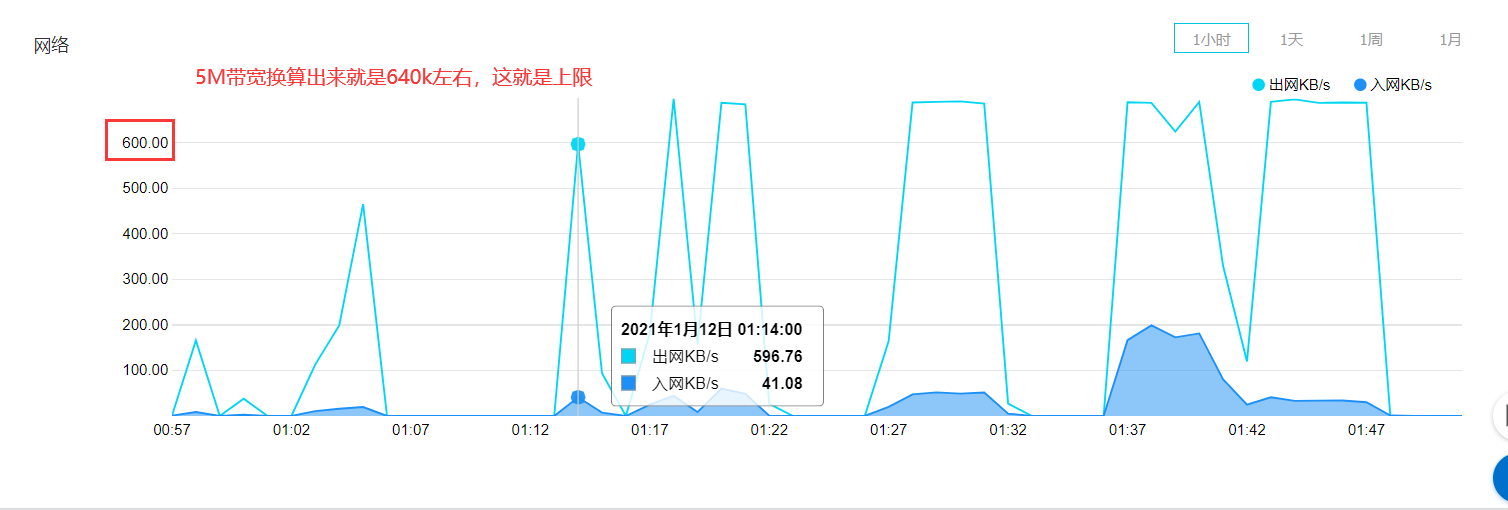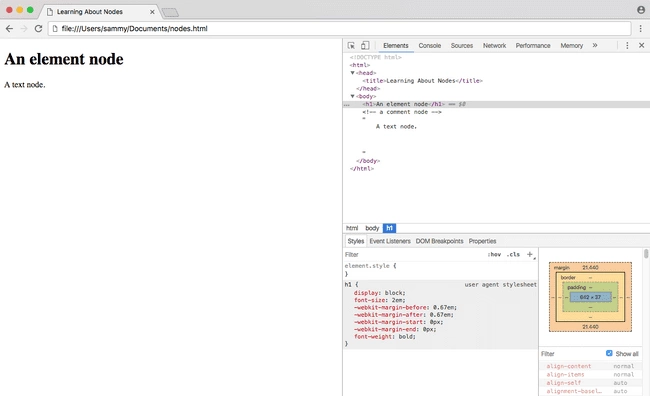What happened if i delete a pointer which was not allocated dynamically?
new/delete new[]/delete[]实在是老生常谈了,成对的出现就可以了:
#include <iostream> // std::cout#include <new> // ::operator newstruct MyClass {int data[100];MyClass() {std::cout << "constructed [" << this << "]\n";}};int main () {std::cout << "1: ";MyClass * p1 = new MyClass;// allocates memory by calling: operator new (sizeof(MyClass))// and then constructs an object at the newly allocated spacestd::cout << "2: ";MyClass * p2 = new (std::nothrow) MyClass;// allocates memory by calling: operator new (sizeof(MyClass),std::nothrow)// and then constructs an object at the newly allocated spacestd::cout << "3: ";new (p2) MyClass;// does not allocate memory -- calls: operator new (sizeof(MyClass),p2)// but constructs an object at p2// Notice though that calling this function directly does not construct an object:std::cout << "4: ";MyClass * p3 = (MyClass*) ::operator new (sizeof(MyClass));// allocates memory by calling: operator new (sizeof(MyClass))// but does not call MyClass's constructordelete p1;delete p2;delete p3;return 0;}// operator delete[] example#include <iostream> // std::coutstruct MyClass {MyClass() {std::cout <<"MyClass constructed\n";}~MyClass() {std::cout <<"MyClass destroyed\n";}};int main () {MyClass * pt;pt = new MyClass[3];delete[] pt;return 0;}
我们在写C++程序的时候,非常的小心,很怕会遇到内存泄露的问题。
所以,只记得要delete或delete[]指针,然后赋值为nullptr。
但是往往会为我们的过于谨慎付出代价,当我们delete非new产生的指针会怎样呢?
看代码:
#include <iostream>using namespace std;int main(){int *a;int b = 5;a = &b;cout << *a << endl;delete a;return 0;}
上面的程序会崩溃,那下面的呢,居然没问题?
int main(){int *a = 0;delete a;return 0;}
原因:
第一段代码会导致不确定的行为,原因就是你delete了非new指针。
第二段代码表面上没问题,是因为delete一个null指针不会有什么危害。
所以,切记
不要delete a pointer which was not allocated dynamically



































还没有评论,来说两句吧...